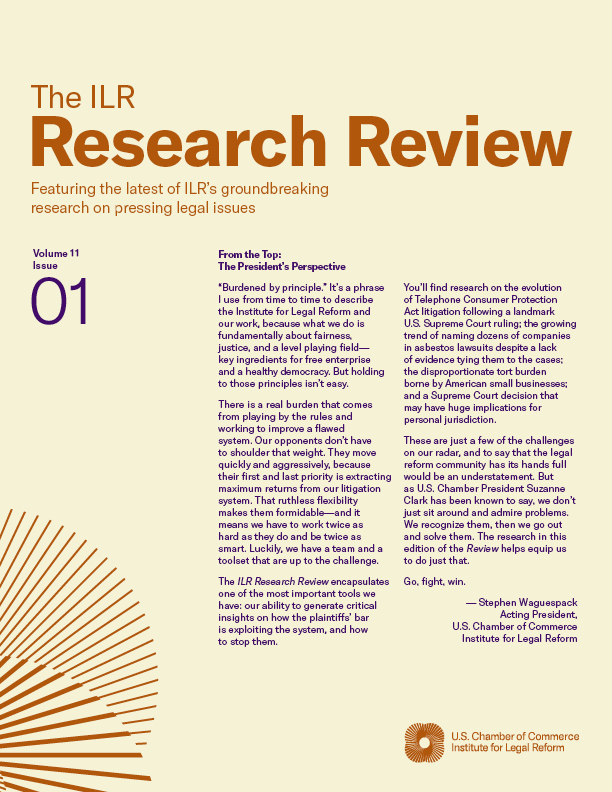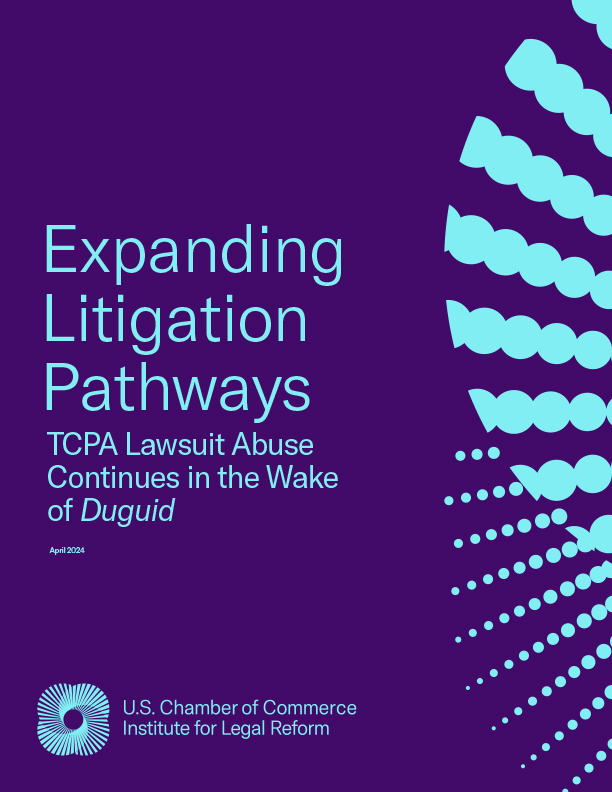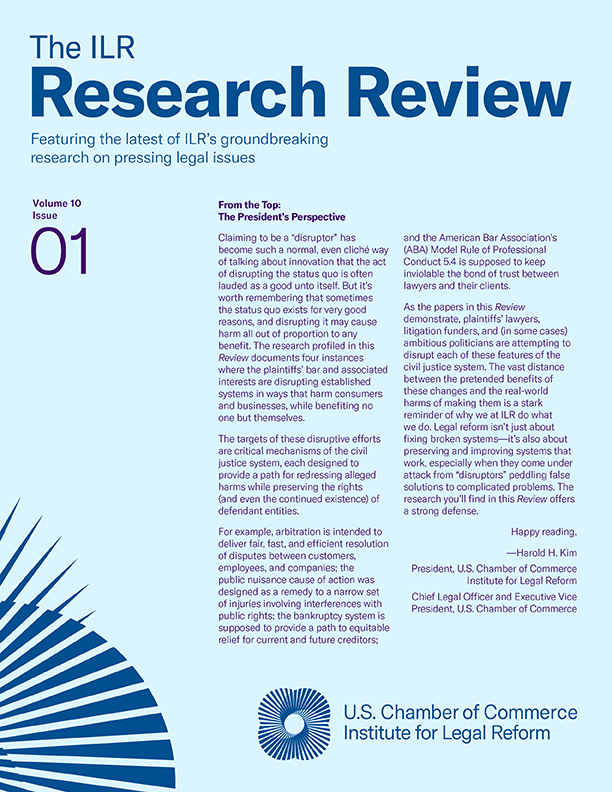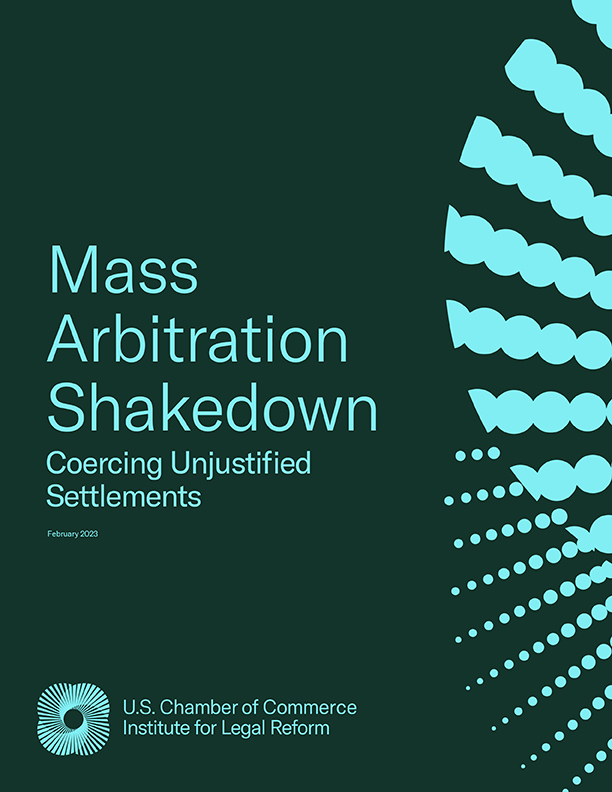As opportunities for advancing their liability-expanding agenda in Congress have dimmed, plaintiffs’-lawyer lobbyists have focused their influence on the Executive Branch, starting with the current Administration. Very quietly, but rather successfully, the lawsuit industry has pursued its policy goals through federal agencies while attracting very little attention. We call this effort the Trial Lawyer Underground. The purpose of this report is to shine a public light on a hidden practice that affects all Americans.
The lobbying efforts of the American Association for Justice (AAJ), the organization that protects and works to grow the profits of plaintiffs’ lawyers, have paid dividends. An early victory for the trial bar was keeping any substantive medical liability reform out of the comprehensive healthcare bill. Another early reward for the trial bar was an Executive Memorandum issued from the President to agency heads warning them to avoid new regulations that could preempt lawsuits by establishing definitive federal standards for health and safety. It also required agencies to consider reversing rules that had such an effect. As a result of the memo, several agencies altered regulations, encouraging lawsuits even when product manufacturers have done exactly what the federal government has told them to do.
More recently, the trial bar has made progress with the Administration in reducing a considerable threat to the lawsuit industry: pre-dispute arbitration agreements. Naturally, the trial bar favors lengthy and expensive litigation over less formal and faster dispute resolution that works efficiently in the interests of both consumers and businesses. Last year, President Obama issued an Executive Order prohibiting federal contractors from using arbitration to resolve employment disputes. This year, the Consumer Financial Protection Bureau (CFPB) chimed in, publishing a study that could lay the groundwork for the CFPB to restrict arbitration of disputes involving consumer financial contracts. Most recently, in July 2015, the Centers for Medicare and Medicaid Services (CMS) slipped an antiarbitration provision into a proposed overhaul of nursing home regulations.
As the Administration moves into its closing days, the trial bar is likely to shift its underground efforts into high gear.
This report is not comprehensive, but it highlights examples of the quiet and effective influence the plaintiffs’ bar exerts within the Executive Branch. It brings together information from publicly available, if not widely reported, sources, such as lobbying reports filed by AAJ staff and retained lobbyists, and failed AAJ-supported legislation that gave rise to its underground alternative.



